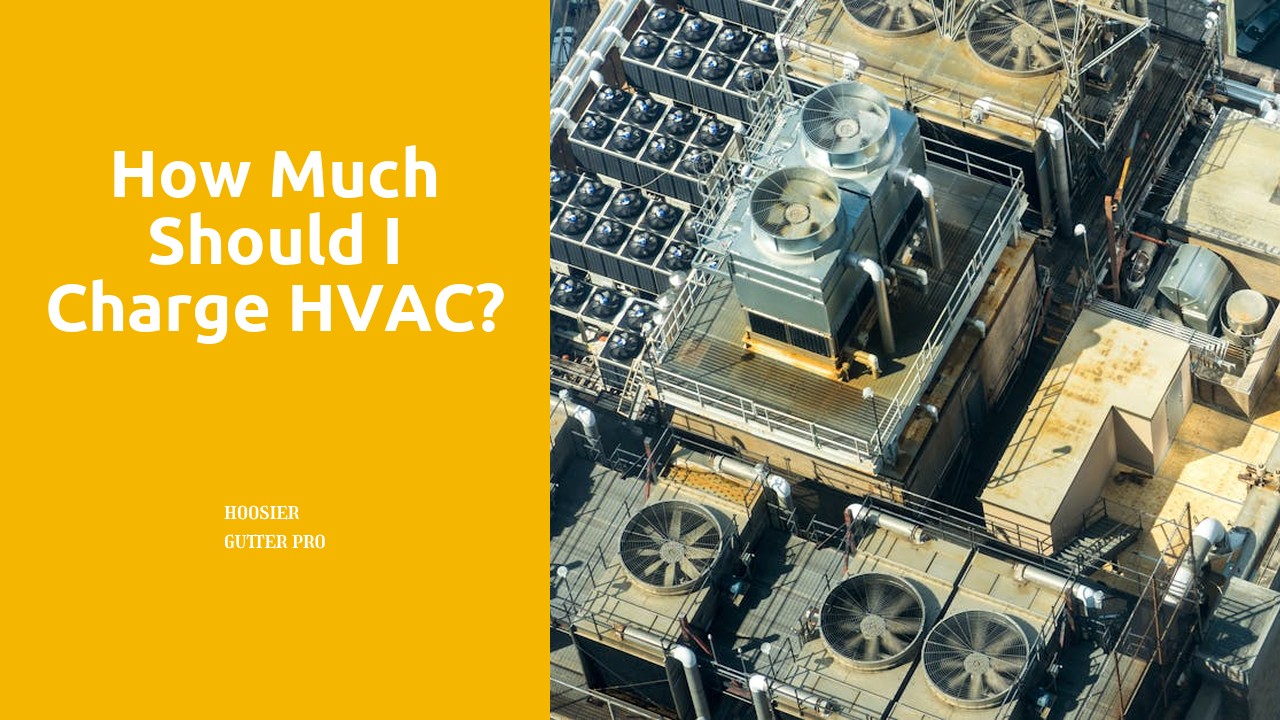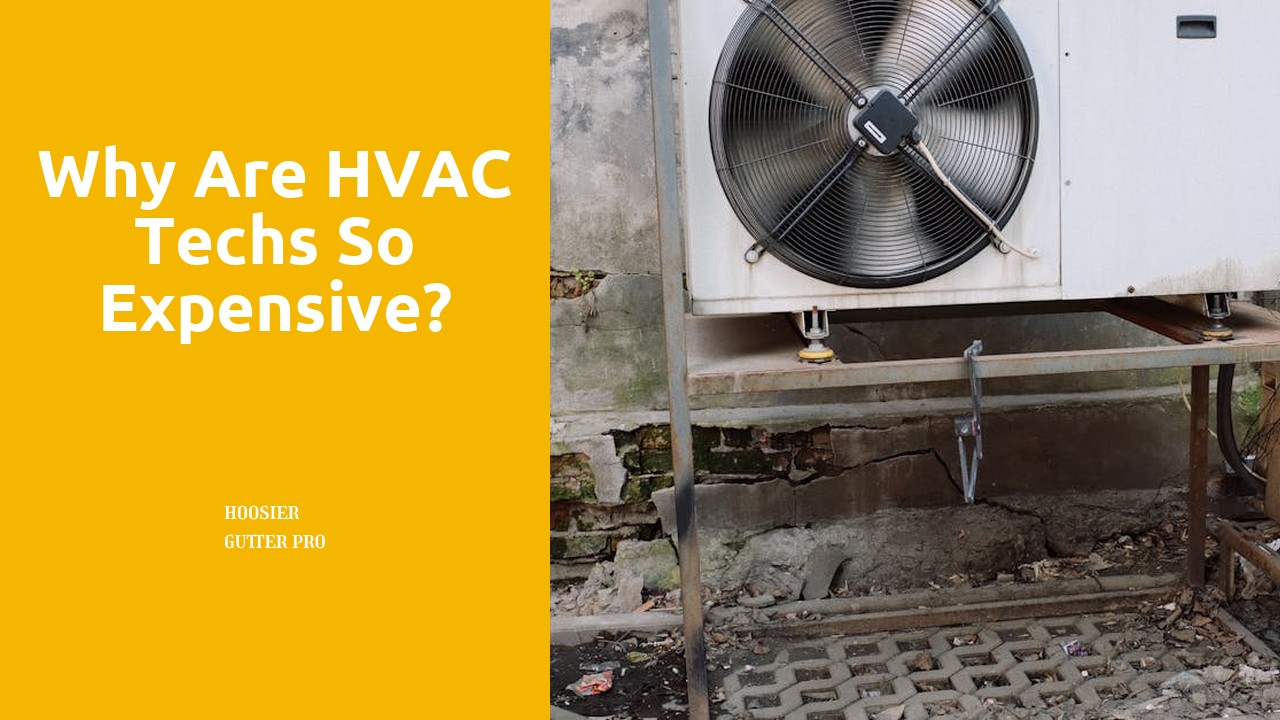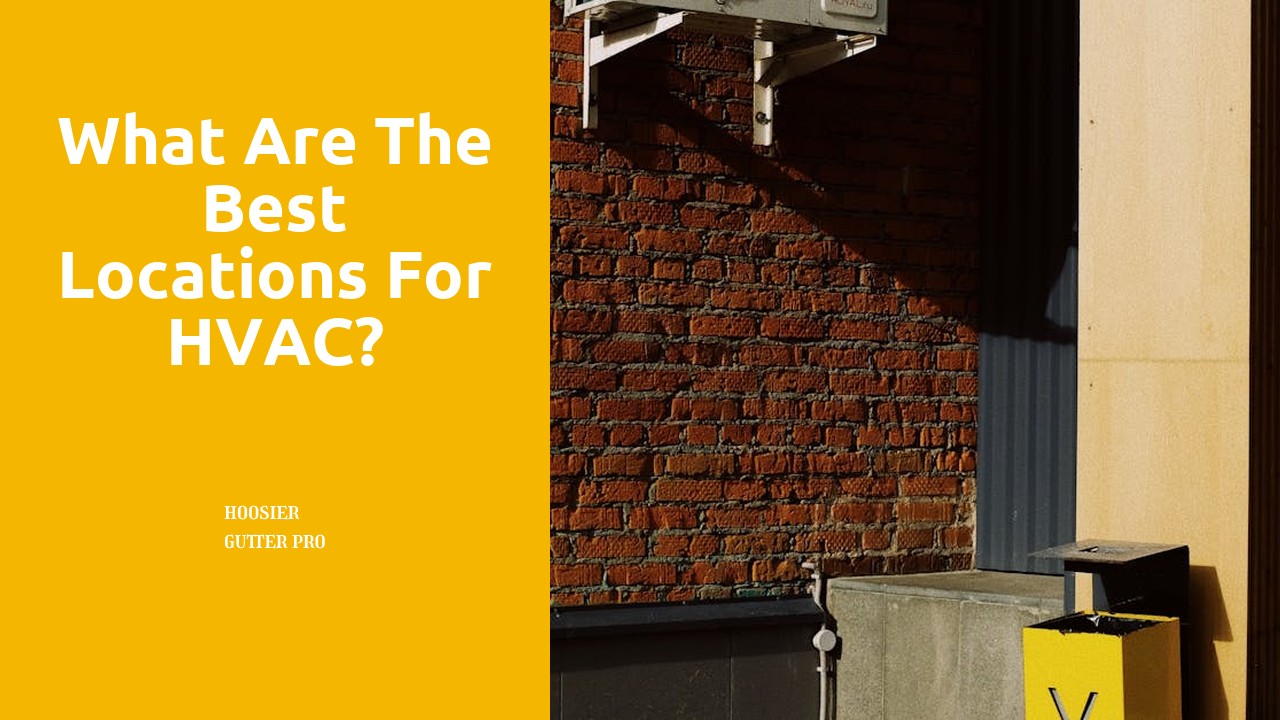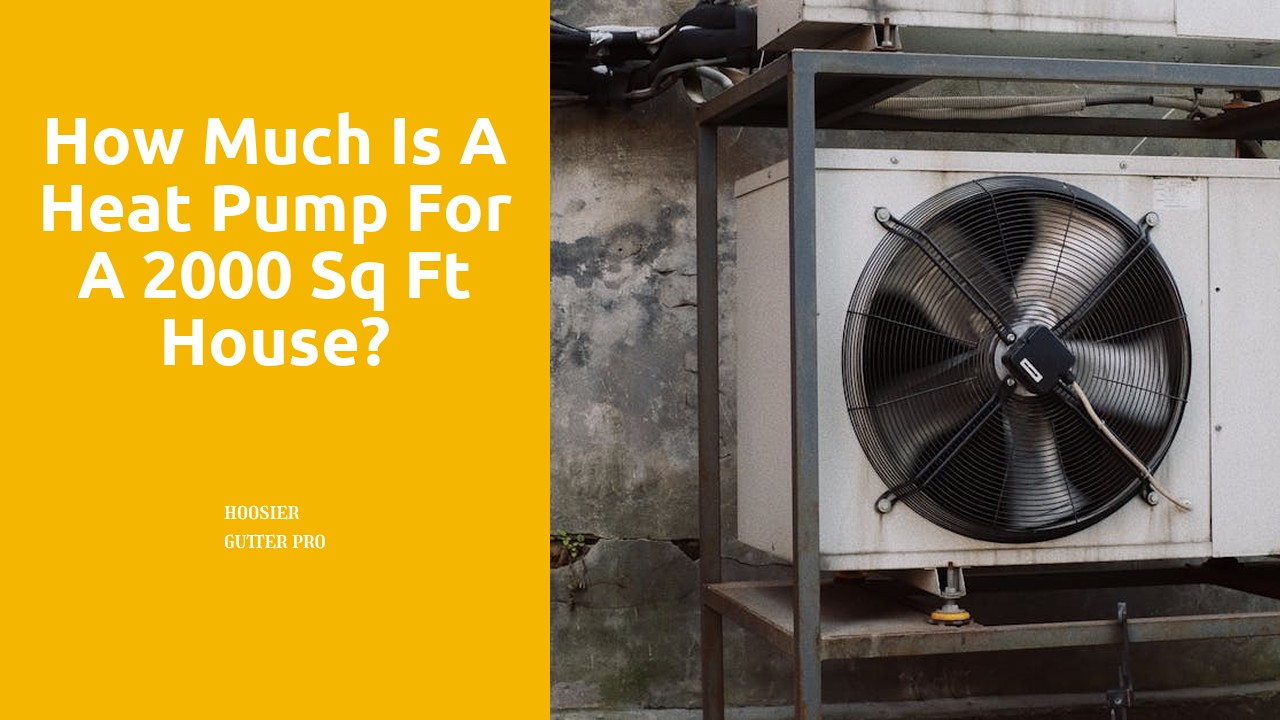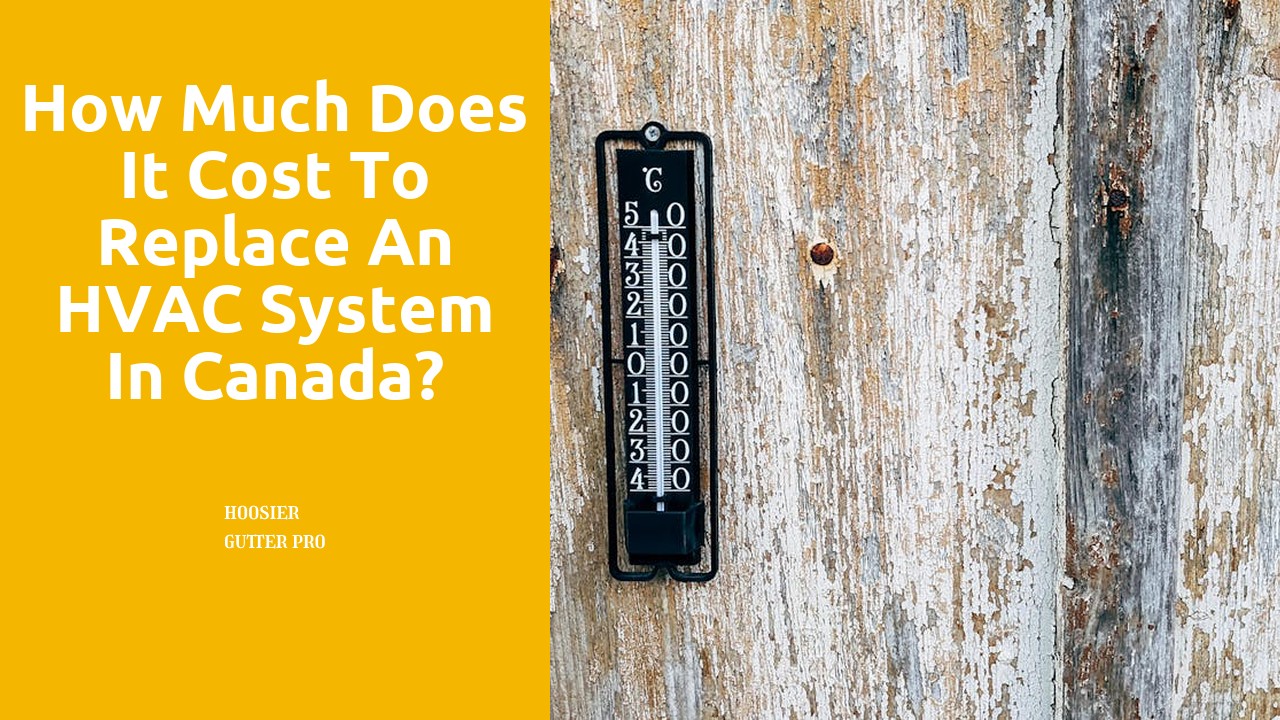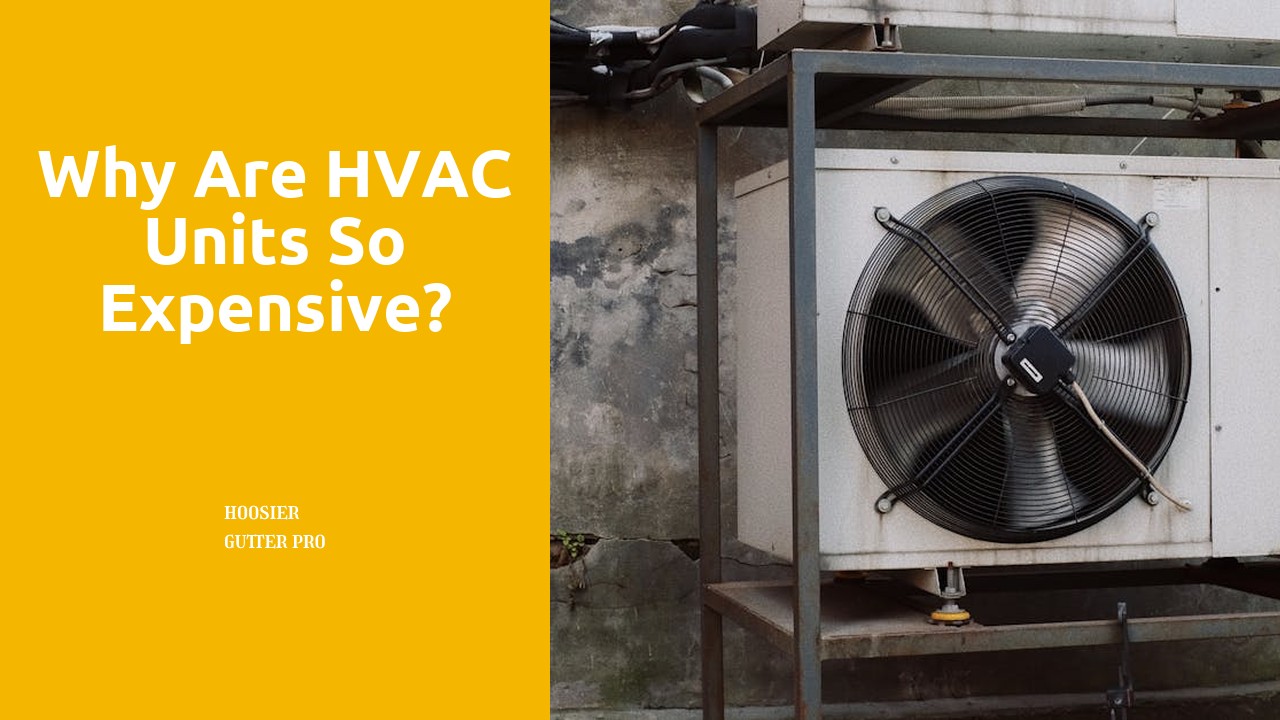
Maintenance and Warranty Services
Maintenance and warranty services play a significant role in the cost of HVAC units in Aurora. Regular maintenance is essential to ensure the efficiency and longevity of these complex systems. By offering warranty services, HVAC manufacturers provide customers with a sense of security and assurance that their investment is protected. However, the inclusion of these services in the overall pricing of HVAC units inevitably contributes to their higher cost.
When analyzing the expenses associated with maintenance and warranty services for HVAC in Aurora, it becomes evident that manufacturers must account for not only the direct costs of providing these services but also the potential liabilities that may arise. Additionally, the quality and extent of warranty coverage can vary among different HVAC brands, influencing their pricing strategies. As a result, consumers often face the trade-off between paying a higher upfront cost for a unit with extensive warranty coverage or opting for a lower-priced alternative with more limited protection.
Inclusion in Pricing Analysis
When considering the pricing of HVAC units, there are numerous factors to take into account. In particular, the inclusion of various components in the pricing analysis of HVAC units impacts the final cost to consumers. The cost of materials, labor, research and development, as well as overhead costs play a significant role in the overall pricing structure of HVAC units in the market. For residents in North Bay, the pricing analysis of HVAC units may also include factors specific to the local economy and industry trends that influence pricing strategies.
Moreover, the incorporation of maintenance and warranty services into the pricing analysis of HVAC units adds another layer of cost that is often overlooked. HVAC units in North Bay might come with extended warranty options, routine maintenance packages, or service agreements that can significantly impact the upfront cost of the unit. These additional services contribute to the overall value proposition offered by HVAC manufacturers and installers, influencing pricing decisions and market positioning.
Government Regulations and Standards
Government regulations and industry standards play a significant role in the high cost of HVAC units in Cooksville. Compliance with strict guidelines set by regulatory bodies requires manufacturers to implement certain costly features and technologies in the production process. These regulations aim to enhance the safety, efficiency, and environmental sustainability of HVAC systems, thereby elevating manufacturing expenses and ultimately influencing the final price of the units.
Moreover, adherence to stringent standards not only affects the production phase but also extends to the testing, certification, and quality control processes. HVAC units in Cooksville must meet rigorous criteria to ensure consumer safety, product reliability, and energy efficiency. As a result, manufacturers incur additional expenses to comply with these standards, which are then reflected in the pricing of HVAC units for consumers.
Impact on Manufacturing Expenses
Manufacturing expenses play a significant role in determining the price of HVAC units in Georgetown. The cost of materials, labour, and overheads involved in the production process can directly influence the final price of these systems. Suppliers of raw materials, such as copper, aluminum, and steel, often adjust their prices based on market conditions and availability, impacting the overall manufacturing costs for HVAC units.
HVAC manufacturers in Georgetown must also factor in expenses related to technology and innovation. Research and development costs for creating more energy-efficient and environmentally friendly units can add to the production expenses. Additionally, compliance with industry standards and regulations imposed by government bodies further contribute to the manufacturing costs of HVAC units in Georgetown.
Seasonal Demand Fluctuations
Seasonal Demand Fluctuations can significantly impact the pricing of HVAC units in the market. In areas such as Bowmanville, the demand for HVAC units tends to surge during extreme weather conditions, leading to a spike in prices due to the limited availability of units. This fluctuation in demand often results in manufacturers adjusting their pricing to meet the heightened needs of consumers.
HVAC in Bowmanville tends to be more expensive during peak seasons such as summer and winter, as homeowners and businesses alike rely heavily on these units to regulate indoor temperatures. The increased demand during these times puts pressure on suppliers and manufacturers to meet the needs of the market, ultimately leading to higher price tags on HVAC units.
Reflection on Price Variations
Price variations of HVAC units can be attributed to several factors, with demand playing a significant role. In regions subject to extreme weather conditions like Haldimand County, the demand for HVAC systems tends to peak during the sweltering summers and freezing winters. This surge in demand can lead to price increases as manufacturers and retailers capitalize on the opportunity to maximize profits. Consequently, consumers in HVAC in Haldimand County might find themselves paying more for units during these peak seasons compared to quieter periods.
Moreover, the availability of raw materials and manufacturing costs also impact the pricing of HVAC units. Fluctuations in the prices of materials such as copper, aluminum, and steel can influence the overall cost of production for HVAC manufacturers. Supply chain disruptions or trade tariffs can further exacerbate these cost fluctuations, leading to price variations for HVAC systems in Haldimand County and beyond. Consequently, consumers may experience changes in prices based on the shifting landscape of raw material costs and manufacturing expenses.
FAQS
Why do HVAC units cost so much?
HVAC units are expensive due to various factors such as high manufacturing expenses, government regulations, and seasonal demand fluctuations.
How do maintenance and warranty services affect the cost of HVAC units?
Maintenance and warranty services contribute to the overall cost of HVAC units as they ensure the longevity and efficiency of the system, which is reflected in the pricing.
Are government regulations and standards responsible for the high cost of HVAC units?
Yes, compliance with stringent government regulations and standards adds to the manufacturing expenses, making HVAC units more expensive for consumers.
How do seasonal demand fluctuations impact the pricing of HVAC units?
Seasonal demand fluctuations can affect the pricing of HVAC units as manufacturers may adjust prices based on high demand during peak seasons, leading to increased costs.
Do price variations reflect the quality and features of HVAC units?
Yes, price variations in HVAC units often reflect the quality, features, and technology incorporated into the system, which can justify the higher cost.

